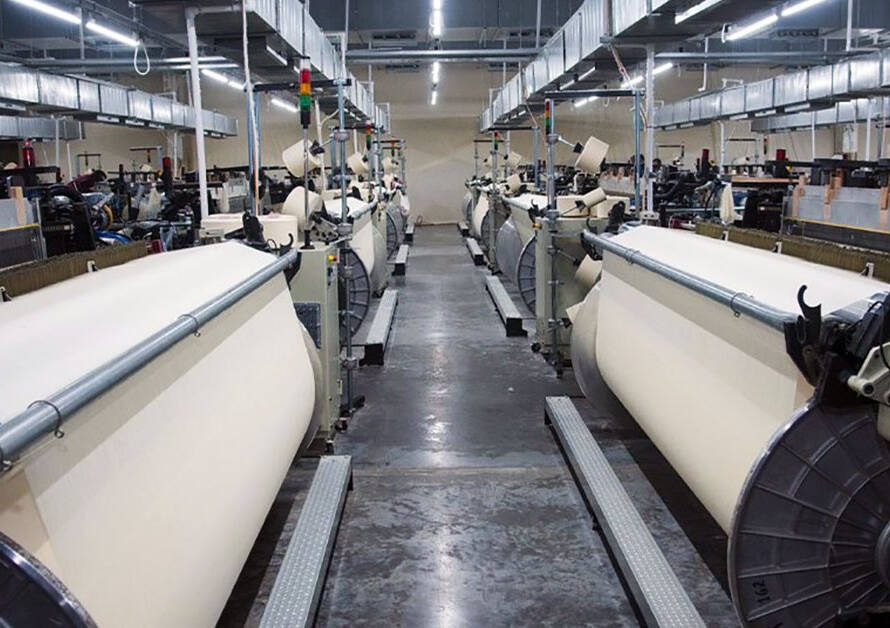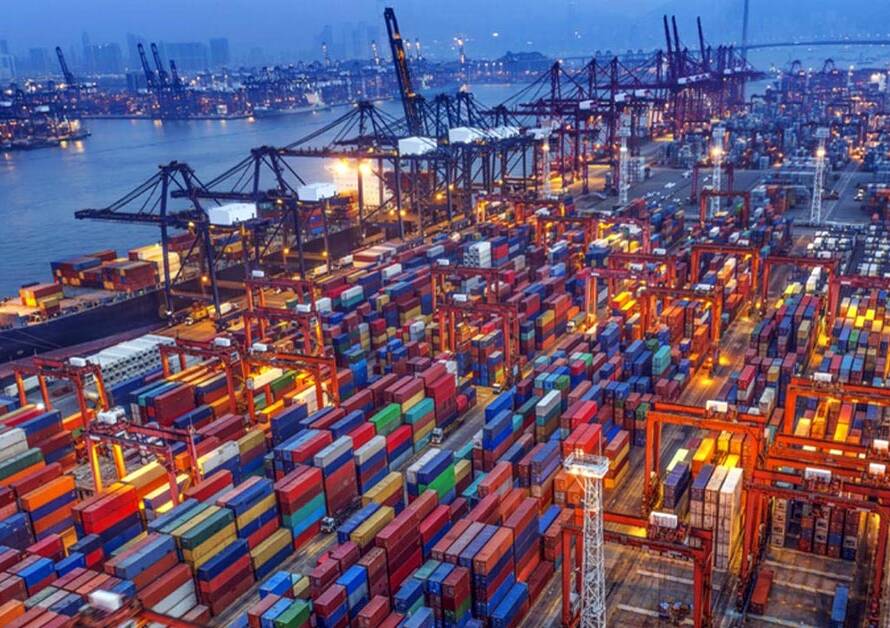In the vibrant tapestry of global fashion, Pakistan stands as a captivating destination for clothing manufacturing. Nestled amidst the cultural kaleidoscope of South Asia, Pakistan has emerged as a hotbed of creativity and craftsmanship, with its clothing manufacturers pushing boundaries and redefining the industry and has appeared as a prominent player in the global textile and clothing industry, establishing itself as a reliable and competitive manufacturing hub.
With a rich heritage of craftsmanship, a skilled workforce, and favorable economic factors, the country has witnessed remarkable growth in its clothing manufacturing sector. We will explore the thriving clothing industry in Pakistan, highlighting its strengths, contributions, and prospects where Pakistan tends to dive into the world of clothing manufacturing.
Historical Perspective:
Pakistan’s clothing industry has deep roots in its traditional textile heritage, which has evolved from cottage-based handloom operations to modern textile mills and garment factories. This rich history has shaped Pakistan’s reputation as a hub of Sports craftsmanship. The country is renowned for its diverse range of textile products, including fabrics, garments, home textiles, and accessories. Pakistani artisans skillfully weave their cultural heritage into each garment, infusing intricate embroideries and mesmerizing hand-block prints that have been passed down through generations. This harmonious blend of traditional techniques and contemporary design sensibilities creates a unique fusion that captivates fashion enthusiasts worldwide. The industry’s commitment to preserving these time-honored techniques while embracing modernity showcases Pakistan’s exceptional artistry and cultural significance in the global fashion landscape.
Competitive Advantages:
a) Cost-Effectiveness:
Pakistan offers competitive labor costs, making it an attractive destination for clothing manufacturers seeking cost-effective production. The availability of skilled workers and efficient production processes contribute to lower manufacturing costs without compromising on quality.
b) Vertical Integration:
The clothing industry in Pakistan benefits from a strong vertical integration model. From spinning, weaving, and processing to garment manufacturing, the country possesses a well-developed supply chain, enabling streamlined production and faster turnaround times.
c) Quality and Expertise:
Pakistani manufacturers are renowned for their craftsmanship and attention to detail. Skilled artisans and technicians ensure the production of high-quality garments that meet international standards. The industry’s expertise in intricate embroidery, hand printing, and embellishments further enhances its appeal.
Diversity and Versatility:
The clothing manufacturers of Pakistan pride themselves on their ability to cater to a diverse range of fashion tastes. From traditional ethnic wear, such as intricately embellished saris and vibrant Salwar Kameez, to contemporary Western-inspired designs, Pakistan’s clothing industry offers numerous styles and choices. This versatility ensures that every individual, regardless of their cultural background or personal style, can find garments that resonate with their fashion preferences.
Export Potential:
Pakistan has established itself as a significant exporter of clothing and textiles. Its strategic location, proximity to major markets, and preferential trade agreements have facilitated access to global markets. The country exports a wide range of clothing products to countries in Europe, the United States, the Middle East, and beyond. Pakistan’s clothing manufacturing industry has made significant strides in the global market. Its reputation for quality, craftsmanship, and competitive pricing has led to collaborations with international fashion brands and retailers. By exporting their garments worldwide, Pakistani manufacturers contribute to the country’s economic growth while showcasing the nation’s rich cultural heritage and fashion expertise on a global platform.
Revolutionary Creative Designs:
To stay at the forefront of the fashion industry, Pakistani clothing manufacturers consistently press boundaries and embrace innovation resulting in revolutionary creative designs. Collaborating with renowned designers and employing a fusion of traditional and contemporary aesthetics, they create bold and avant-garde designs that captivate the imagination. These fashion-forward creations showcase the industry’s ability to blend cultural heritage with modern trends, making Pakistani garments a coveted choice for fashion enthusiasts worldwide.
Social and Economic Impact:
the clothing industry in Pakistan serves as a powerful engine of socio-economic transformation. It provides employment opportunities, particularly for women, contributing to poverty alleviation and empowerment. With its substantial foreign exchange earnings and contribution to the economy, it strengthens Pakistan’s position in the global market and attracts foreign investment. By leveraging its unique cultural heritage and embracing modernization, the industry continues to drive innovation, growth, and sustainable development, leaving an indelible impact on the nation’s socio-economic fabric.
Sustainable Practices:
As sustainability gains importance in the global textile industry, Pakistani manufacturers are increasingly adopting environmentally friendly practices. From utilizing eco-friendly materials to implementing sustainable production processes, the industry aims to reduce its carbon footprint and promote responsible manufacturing. In an era of heightened environmental consciousness, Pakistan’s clothing manufacturers have embraced ethical and sustainable practices. Many manufacturers prioritize fair wages, safe working conditions, and eco-friendly production processes. By adopting sustainable materials and implementing responsible sourcing practices, they strive to reduce the industry’s ecological footprint and promote a more sustainable future for fashion.
Challenges and Opportunities:
While the clothing industry in Pakistan has witnessed tremendous growth, it faces certain challenges. These include infrastructure limitations, energy constraints, and the need to continually upgrade technology. However, the government and industry stakeholders are actively addressing these issues to create a more conducive environment for sustained growth.
The clothing industry in Pakistan has made significant strides, positioning the country as a competitive player in the global textile and garment manufacturing sector. With its rich heritage, skilled workforce, cost-effectiveness, and commitment to quality, Pakistan continues to attract domestic and international brands seeking reliable and efficient production. As the industry embraces sustainability and addresses its challenges, it opens up new avenues for growth, cementing its position as a thriving clothing manufacturer on the global stage.



